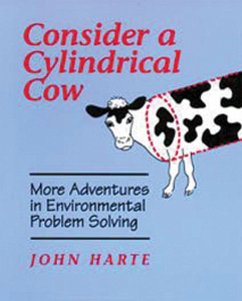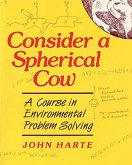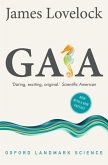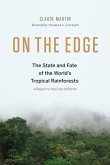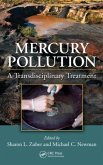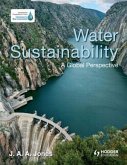Following in the tradition of Consider a Spherical Cow, the Cylindrical Cow will help students achieve a whole new level of environmental modeling and problem solving. Featuring a new core set of twenty-five fully worked-out problems, this book uses real problems in environmental science rather than relying on the more traditional 'cookbook' problems found in textbooks. It is organised according to five thematic sections on probability, optimisation, scaling, differential equations, and stability and feedback. Each section begins with a general treatment of the relevant mathematical concepts, and concludes with a range of homework exercises to help students sharpen their modeling skills. Like its predecessor, this book will empower students with the mathematical skills needed to cut through the complexity of real-world problems.

